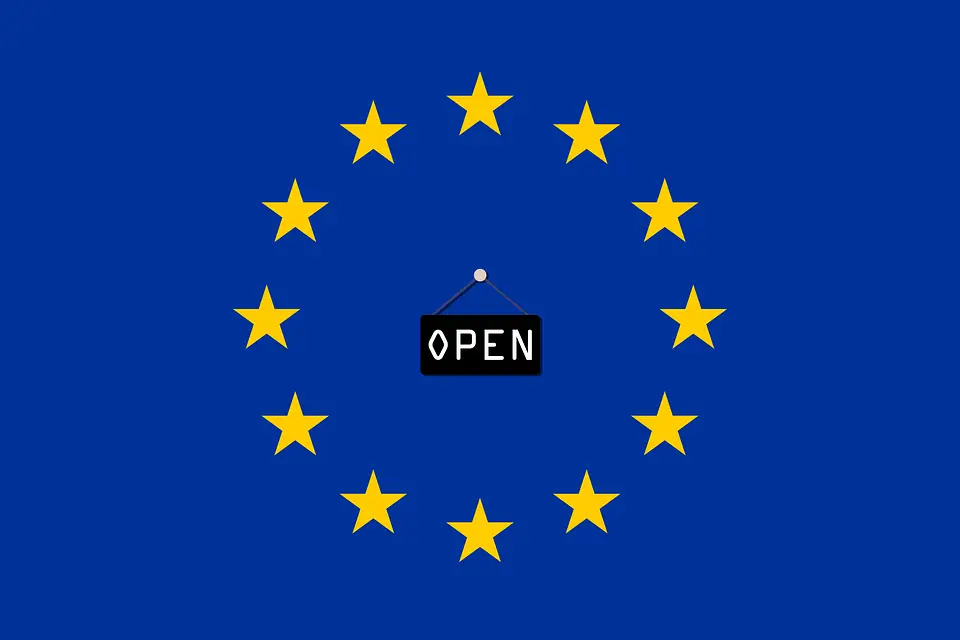As Poslovni Dnevnik writes, the Croatian kuna that has been deposited into banks by the last day of this year, will ”wake up” on January the 1st, 2023, as euros, said former CNB governor Damir Odak.
Odak was a recent moderator of the round table ”The expected impact of the euro on banks” which was held as part of a larger conference called ”The Financial Market” in Opatija. Former governor Damir Odak said that then, at the time of conversion, the amounts will be ”divided by 7.5 and something”, kuna and euro bank accounts will be merged into one single account, and of course, all Croatian bank accounts will have new balances shown in the new currency – the euro. Whoever comes to an ATM or branch to withdraw cash will receive euros instead of kuna, he explained, as Novi list reports.
The round table was attended by the presidents of the leading domestic banks, all of whom are preparing for the huge project of introducing the euro as Croatia’s currency in 2023. In some banks, as it was said, there is a ”general mobilisation”, to make sure that everything is in order so that all processes run smoothly and the transition to the new currency is as painless as possible.
Mario Zizek, President of the Management Board of Addiko, says that the project of introducing the euro is priority number one in that bank. “It often happens to all of us that projects slip out of people’s full attention within a few days, but with the introduction of the euro, this is far from the case,” said Zizek. Balazs Bekeffy, President of the Management Board of OTP banka, says that, based on the experience of others, some services and products may become more expensive, but this will not be anything drastic.
Liana Keseric, President of the Management Board of Raiffeisen Bank, said that they have five key focuses at this moment in time: their clients, leadership, risk management, technology and processes. Marko Badurina, President of the Management Board of Hrvatska postanska banka, says that despite the short-term costs, the long-term net effects are positive. Christoph Schoefboeck said additional cost optimisation will be needed.
By joining the Eurozone, the day before, CNB Governor Boris Vujcic reminded the banks that they would have the full help of the European Central Bank/EC) at their disposal, which is something the CNB had issues with due to its limited maneuver due and the already very high ”euroization” of the banking system. Therefore, many restrictions will be lifted, the required reserve will be significantly reduced, and the obligation to cover foreign currency liabilities with foreign currency claims will be abolished. Therefore, a new wave of liquidity awaits them. However, it has also been said that banks are also facing negligible costs due to the adjustment of all of their internal processes, IT systems, applications, information campaigns, and also the loss of some jobs, such as those held by people working in exchange offices.
The most interesting presentation was given by the President of the Management Board of Privredna banka Zagreb, Dinko Lucic. He said that banks are big advocates of the introduction of the euro in Croatia precisely because they aren’t looking at the short term, because if they did only take that into consideration, he said, then they’d really have high costs. Lucic recalled the experience of Slovakia’s accession to the Eurozone:
“According to the experience there, and knowing the opportunities here, for larger banks on the Croatian market, the costs related to the introduction of the euro could range between 10 and 17 million euros, which is a serious cost in the short term. In the long run, however, we expect an increase in economic activity, greater attractiveness of the state for foreign investment, greater need for financial instruments and we see this as an opportunity to partially compensate for the costs incurred,” said Lucic.
“It will be smoother in Croatia than it was in some other countries where the euro was introduced. However, when I compare Croatia and Slovakia, there was a much bigger national consensus in Slovakia on the introduction of the euro, while some recent research shows that there are still many Eurosceptics and those who argue that this is something very negative. That said, the euro brings long-term benefits to society as a whole, that’s for sure. Its importance for crisis stability is particularly evident. The sooner we adopt the euro, the better,” concluded Lucic.
For more, make sure to check out our dedicated politics section.











